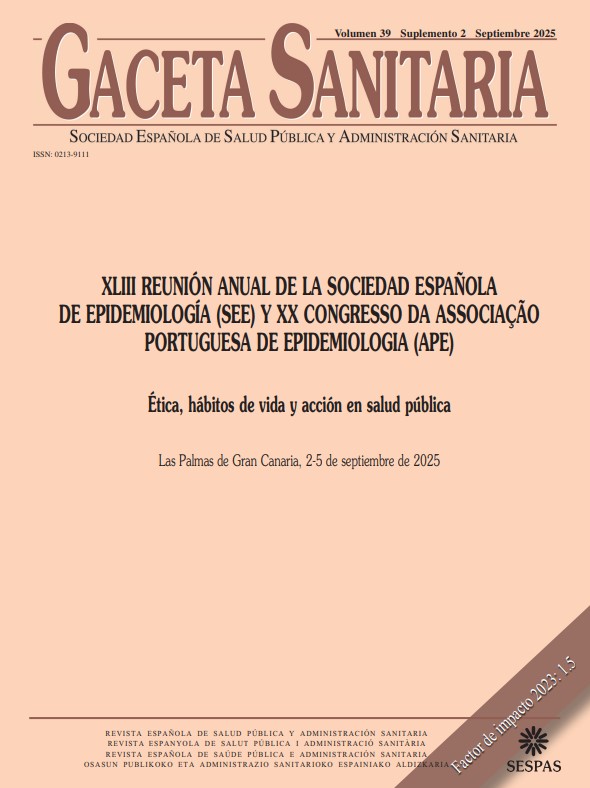604 - EXPLORING DIETARY PATTERNS IN VEGANS, VEGETARIANS AND OMNIVORES USING AN UNSUPERVISED CLUSTERING METHOD
Departamento de Nutrición y Bromatología, Universidad de Granada; Instituto de Investigación Biosanitaria ibs.GRANADA; Instituto de Nutrición y Tecnología de los Alimentos "José Mataix Verdú" (INYTA); Centro Nacional de Epidemiología, Instituto de Salud Carlos III; Escuela Andaluza de Salud Pública (EASP); CIBER Epidemiología y Salud Pública (CIBERESP).
Background/Objectives: In the last decade, plant-based diets including vegetarian and vegan diets have reached a prevalence of 10-15% in Spain. No study has attempted to characterize the food intake of current plant-based dietary patterns. This study aims to explore the dietary habits and patterns of people who self-identify as omnivores, vegetarians: ovolacto-vegetarians (OVE) and pesco-vegetarians (PVE); or vegans (VGN).
Methods: OMIVECA is a cross-sectional study that collected dietary information with a 175-item food consumption frequency questionnaire. Intake transformed into grams/day (g/d) and adjusted for total caloric intake (2,000 kcal per day) was grouped into 28 categories. Food intake by type of diet was compared with ANOVA tests (significance level: 5%). Hierarchical clustering analysis (HCA) was applied to explore differences in dietary patterns further.
Results: A total of 737 participants were included (73.3% women, mean ± SD age: 25.6 ± 8.9 years); 144 identified as non-omnivores (45 VGN, 70 OVE, 29 PVE). Daily consumption of vegetables and mushrooms was higher in the plant-based groups (> 428 g/d) compared to omnivores (p < 0.001). Vegans reported consuming fewer (p < 0.001) precooked meals (14.5 g/d) than the rest (> 25 g/d). In HCA, three main clusters were observed. The first cluster, featuring a plant-based diet, included individuals with vegan, vegetarian diets and a group of omnivores. This pattern was characterized by a low intake of meat, fish and seafood, refined cereals, sugary foods and a high consumption of legumes, vegetables, spices, and nuts. In contrast, the second cluster represented an unhealthy omnivorous diet, characterized by a high intake of meat and its derivatives, refined cereals, sauces, sugar, and non-alcoholic beverages (bottled juices and soft drinks), alongside a low consumption of fish and seafood, vegetables, legumes, nuts, and whole grain cereals. A third intermediate cluster grouped individuals with a lower intake of sugar, sweets, pastries, cookies, and sauces, while exhibiting a moderate consumption of both refined and whole grain cereals, legumes, vegetables, and fish and seafood.
Conclusions/Recommendations: Preliminary results of the OMIVECA study reveal significant differences in dietary habits between omnivores, vegetarians and vegans, beyond the exclusion of foods of animal origin.
Financiación: MCIN/AEI/CNS2022-135794. AEI-I3 and ESP23PI03/2024. CIBERESP Proyectos Intramurales.















